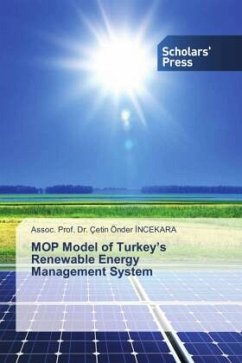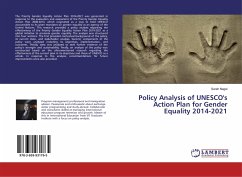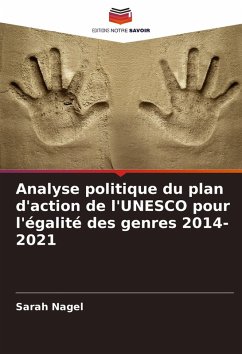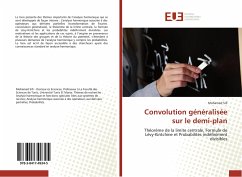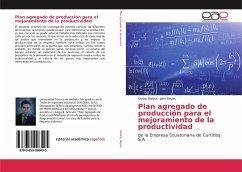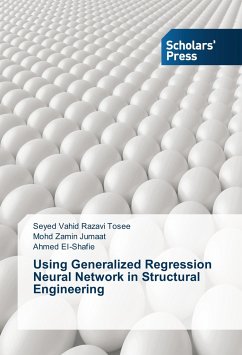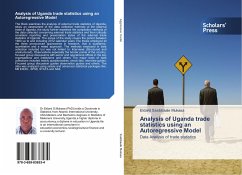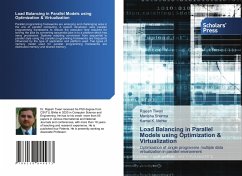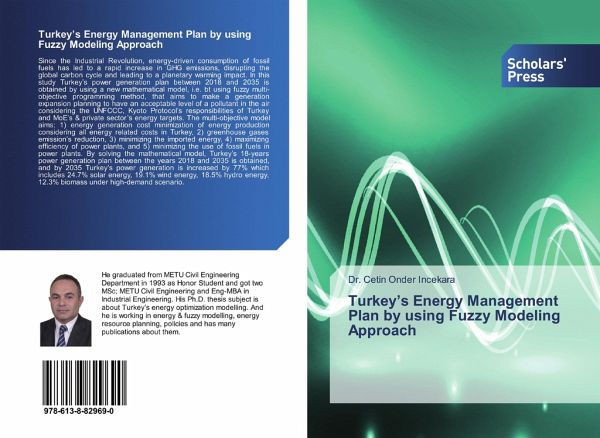
Turkey's Energy Management Plan by using Fuzzy Modeling Approach
Versandkostenfrei!
Versandfertig in 6-10 Tagen
30,99 €
inkl. MwSt.

PAYBACK Punkte
15 °P sammeln!
Since the Industrial Revolution, energy-driven consumption of fossil fuels has led to a rapid increase in GHG emissions, disrupting the global carbon cycle and leading to a planetary warming impact. In this study Turkey's power generation plan between 2018 and 2035 is obtained by using a new mathematical model, i.e. bt using fuzzy multi-objective programming method, that aims to make a generation expansion planning to have an acceptable level of a pollutant in the air considering the UNFCCC, Kyoto Protocol's responsibilities of Turkey and MoE's & private sector's energy targets. The multi-obje...
Since the Industrial Revolution, energy-driven consumption of fossil fuels has led to a rapid increase in GHG emissions, disrupting the global carbon cycle and leading to a planetary warming impact. In this study Turkey's power generation plan between 2018 and 2035 is obtained by using a new mathematical model, i.e. bt using fuzzy multi-objective programming method, that aims to make a generation expansion planning to have an acceptable level of a pollutant in the air considering the UNFCCC, Kyoto Protocol's responsibilities of Turkey and MoE's & private sector's energy targets. The multi-objective model aims; 1) energy generation cost minimization of energy production considering all energy related costs in Turkey, 2) greenhouse gases emission's reduction, 3) minimizing the imported energy, 4) maximizing efficiency of power plants, and 5) minimizing the use of fossil fuels in power plants. By solving the mathematical model, Turkey's 18-years power generation plan between the years 2018 and 2035 is obtained, and by 2035 Turkey's power generation is increased by 77% which includes 24.7% solar energy, 19.1% wind energy, 18.5% hydro energy, 12.3% biomass under high-demand scenario.



